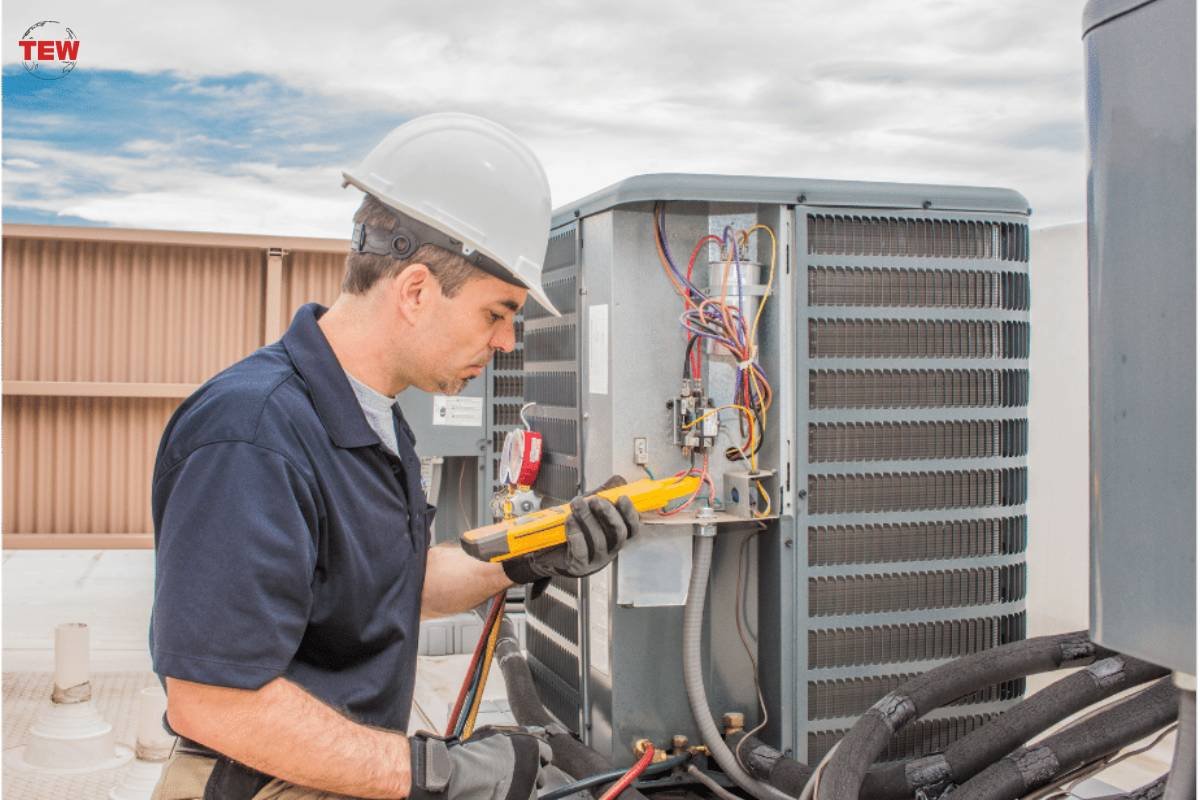Desktop or Laptop? In this article you will learn how to choose best Desktop or Laptop for your Small Business.
In an ideal circumstance, you run a few benchmark tests to see which computers run your programs the best, and then you buy those. Sadly, it is a little more complicated than that. You need to consider your budget, you need to consider maintenance, and you mostly want your computers to be future proof. The reason you “mostly” want them to be future proof is because you are not going to keep your computers for ten years. You are probably going to upgrade again in a few years, and that in itself is something you should factor into your buying decision.
Laptops Don’t Always Suit an Office Setting
Choosing Desktop or Laptop for your business ; always see what suits your office setting more Desktop or Laptop. There are always technology crazes going on. There was a laptop craze, a tablet craze, and even a VR craze. When companies get tied up in crazes, they do things like buying laptops that they end up chaining to desks because they don’t want people taking them home.
If you have in-office staff, then laptops are not the way to go. The only circumstances where you want laptops is if you expect your staff to take the laptops home. Having staff go home with what could be important data on their laptops may seem like a foolish risk, but if you run the sort of programs that they cannot install at home, then letting them take their laptops home allows them to work out of the office and out of office hours.
However, you need to remember that laptops have far less processing power and are far less efficient than a regular desktop PC. If your staff work on computers all day, then you need to give them PCs. A laptop forces a staff member to look down as they work, which hard on the neck. Also, with a PC, the monitor can be further away (not at arm’s length), which means the user has more comfort options both for their vision and posture
More Cores Doesn’t Mean More Efficient
A computer with a good processor and a fair amount of RAM is probably better for an office setting. There is a tendency to veer towards having more processing cores, more CPUs, but this isn’t always a good idea.
Computer cores can help run programs faster, but only if the programs are optimized for multiple cores. The programs decide if they are going to run on a single core or several. It is quite possible to buy a device with multiple cores, and your programs run just as slowly because the software doesn’t allow multiple cores to run the program.
RAM is a little different. Think of it as your temporary memory. Think of it as how many times you can press undo on your word processor. The more RAM you have, the more times you can press undo. The more quickly your software can run because the software doesn’t have to keep looking things up because it remembers it right there and now.
Don’t Worry Too Much About Hard Drive Memory
In a perfect world, you will have some sort of intranet and/or shared memory so that what is written onto your computers is also written onto a central server. The shared memory idea means you don’t have to waste thousands on having PCs with lots of internal hard drive space. It can have a bit, but most of the saving will be done onto a local server.
You really need to explore your options in order to find out what is best for your company. Visit a website like https://letbuybest.com/ and see what is on offer. In many cases, you can make the price fit your needs. For example, if a series of computers are fairly low priced, perhaps because they are last year’s models, but they don’t have much memory. You could buy the computers, and then install some sort of shared memory space, or perhaps have the computers frequently back up to a Cloud system so that local memory can be freed up.




